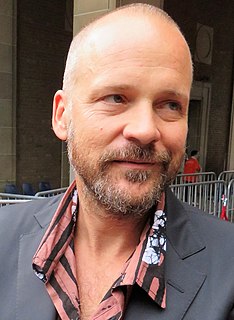A Quote by Heinz Pagels
Science has explored the microcosmos and the macrocosmos; we have a good sense of the lay of the land. The great unexplored frontier is complexity.
Quote Topics
Related Quotes
Where is the "unexplored land" but in our own untried enterprises? To an adventurous spirit any place--London, New York, Worcester, or his own yard--is "unexplored land," to seek which Frémont and Kane travel so far. To a sluggish and defeated spirit even the Great Basin and the Polaris are trivial places.
The amazing thing about the sea is that it is perhaps the last truly unexplored frontier; most oceanographers estimate that only about ninety-five per cent of the sea has been studied. Meanwhile, the oceans are believed to contain more animals than exist on land, a majority of which have never been discovered.
It is time to create new social science departments that reflect the breadth and complexity of the problems we face as well as the novelty of 21st-century science. These would include departments of biosocial science, network science, neuroeconomics, behavioral genetics and computational social science.



































